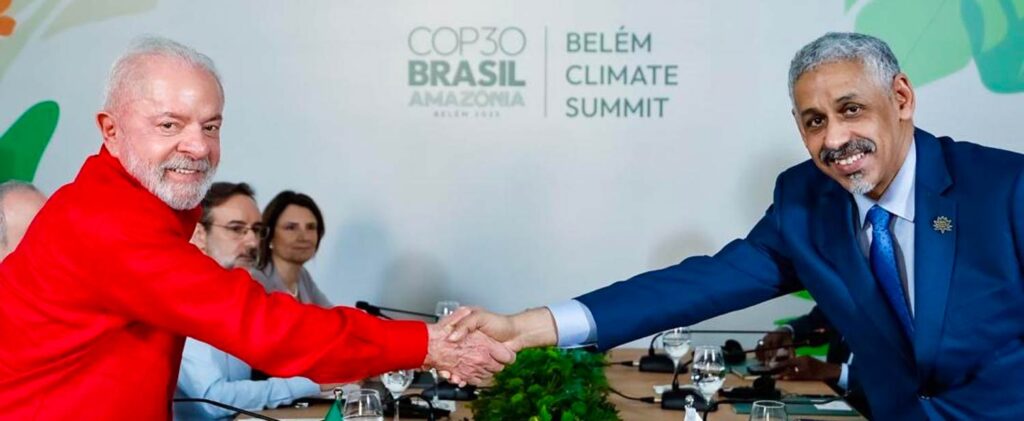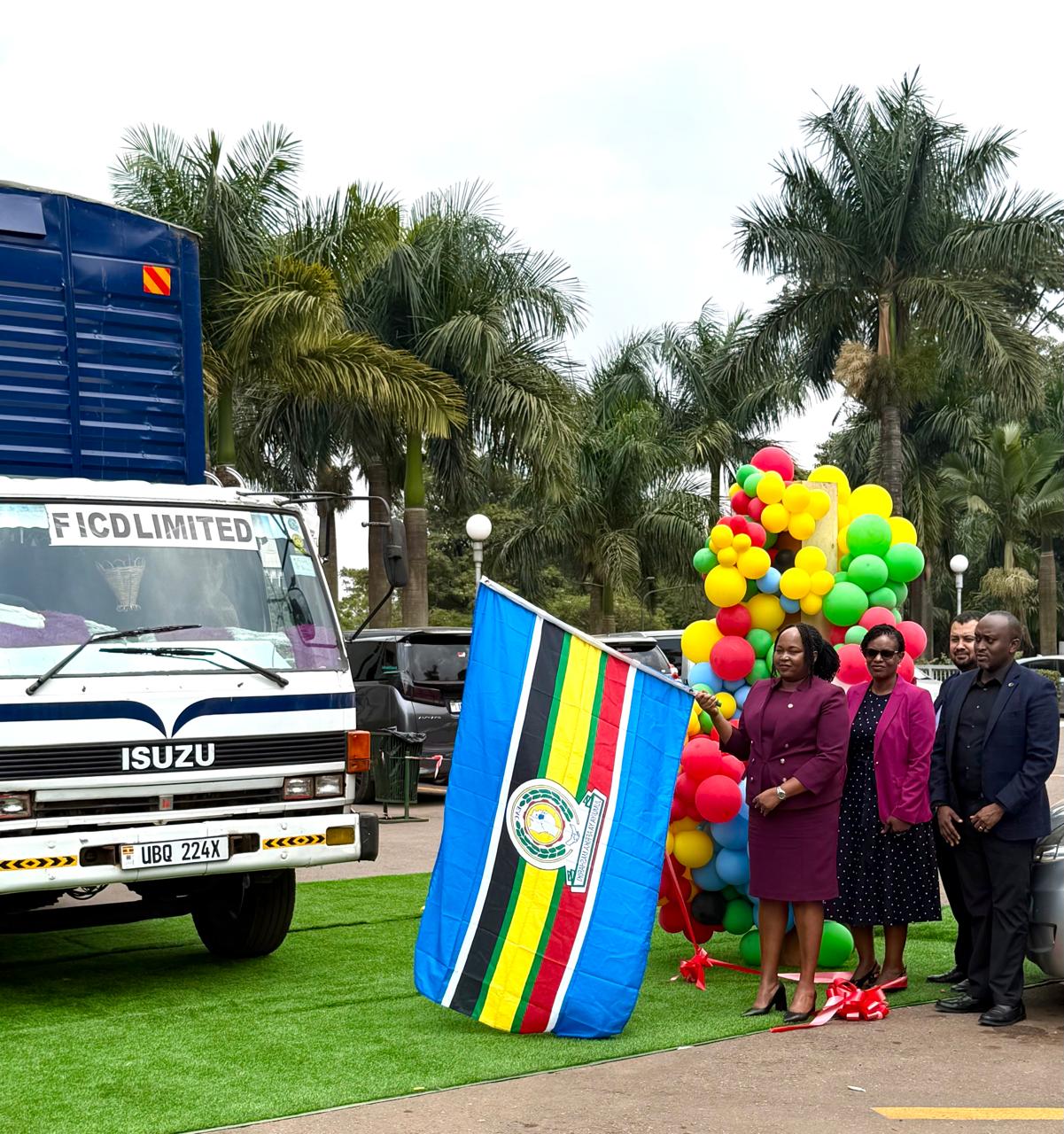
Friday 14th November 2025

by inAfrika Newsroom
Africa renewable energy took centre stage at COP30 on Friday as the African Development Bank Group convened governments, investors and donors to discuss how to unlock more private capital for clean power and energy access. The high-level session, held at the Africa Pavilion in Belém, Brazil, targeted solutions to scale up finance for grid and off-grid projects. Moreover, organisers framed the event as a bridge between climate goals and concrete deal pipelines across the continent.
The dialogue, led by the Bank’s Sustainable Energy Fund for Africa, focused on mobilising commercial capital for renewables and last-mile electrification. Participants examined blended-finance structures, risk-sharing tools and regulatory reforms that can draw institutional investors into African markets. In addition, panellists highlighted green bonds, guarantees and local-currency facilities as vehicles to crowd in long-term funding.
Africa still records some of the world’s lowest electricity-access rates, with more than half a billion people lacking reliable power. However, the continent also holds vast solar, wind, hydro and geothermal potential that remains largely untapped. AfDB officials told delegates that targeted finance and robust policy can turn that potential into bankable Africa renewable energy projects.
Speakers noted that multilateral development banks delivered a record 137 billion dollars in climate finance worldwide in 2024, with Africa claiming a growing share. However, they stressed that adaptation and access still lag mitigation in current portfolios. Therefore, they urged greater emphasis on distributed solar, mini-grids and clean cooking solutions that directly reach vulnerable households.
The session also explored Africa’s emerging green hydrogen ambitions and how they link to regional industrial strategies. Officials argued that clear regulatory frameworks, reliable offtake agreements and supportive infrastructure will be crucial for large-scale investment. Moreover, they said successful projects could anchor new export industries while decarbonising domestic fertiliser, steel and transport sectors.
AfDB representatives reiterated that domestic capital will need to play a stronger role alongside international flows. They pointed to more than 350 billion dollars in African sovereign and pension assets that could support green infrastructure under the right safeguards. In addition, they called for policy adjustments that allow local investors to back long-dated Africa renewable energy assets without breaching prudential rules.
Civil-society and private-sector voices at the event pressed for faster project preparation and stronger country pipelines. They said lengthy permitting, weak grid capacity and currency risks still delay many initiatives, even when financing interest exists. Meanwhile, developers requested more technical assistance for smaller utilities and municipalities that want to adopt new business models.
The Energy Day forum came as African leaders at COP30 renewed calls for a comprehensive overhaul of global climate-finance rules. They argue that current systems push borrowers toward debt rather than crowding in concessional and private investment at scale. Therefore, they want easier access to guarantees, lower capital charges on green assets and clearer pathways for re-channelling IMF special drawing rights.
For East African economies, the outcomes matter directly. Tanzania, Kenya and neighbours are rolling out utility-scale solar and wind farms while expanding mini-grids to rural areas. Moreover, governments in the region see cheaper, reliable power as a foundation for manufacturing, digital services and climate-resilient agriculture.
As negotiations in Belém continue, AfDB officials say they will track how pledges made at the forum translate into new approvals and disbursements over the next two years. Overall, they contend that a stronger pipeline, better risk-sharing and consistent policy reforms can turn Africa renewable energy from a headline ambition into a core driver of the continent’s growth.


